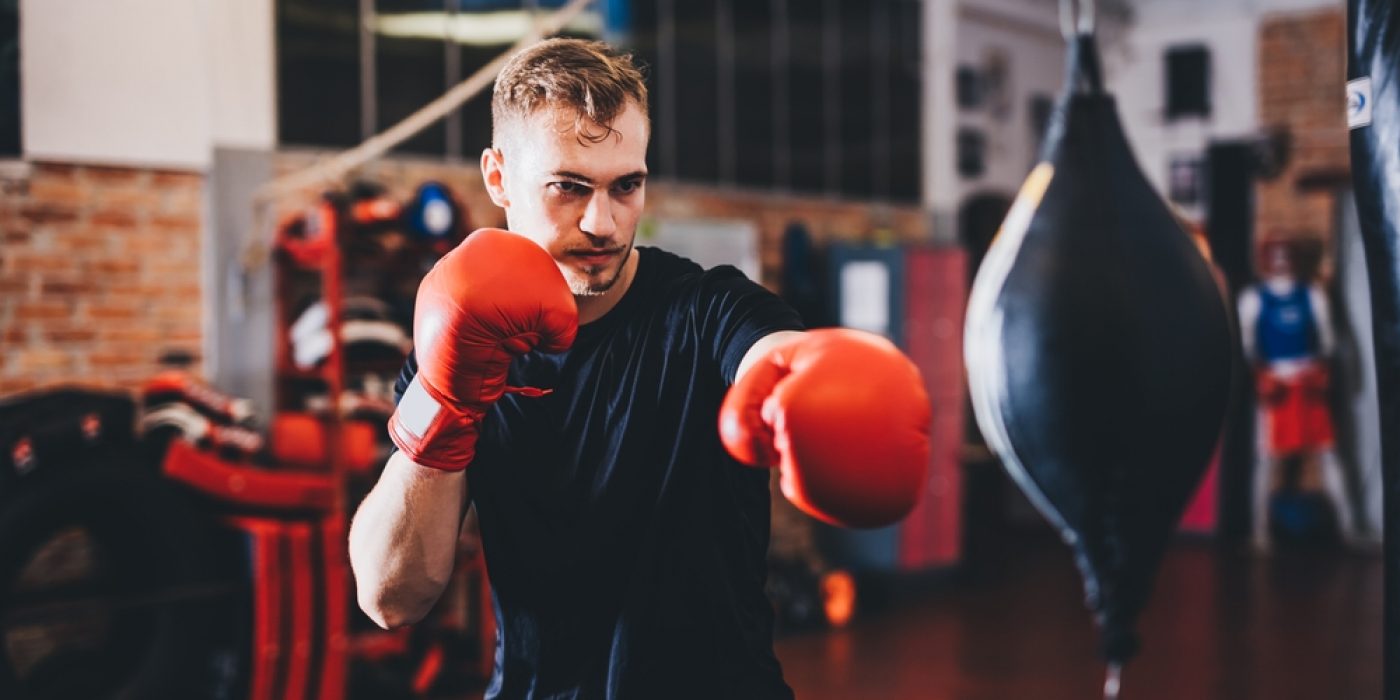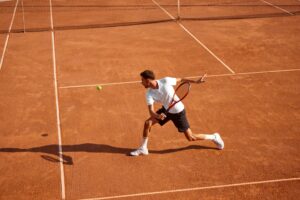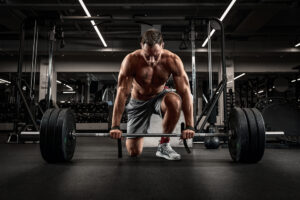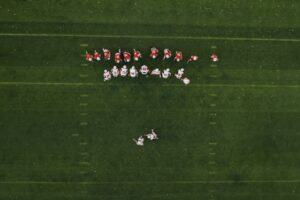Whether you’re training for your first fun run, playing local footy, or hitting the gym with purpose, what you eat matters just as much as how you move. For amateur athletes, proper nutrition supports performance, speeds up recovery, and helps avoid injury. If you’re unsure where to start, working with a Melbourne dietitian who can offer in-person and online nutritionist support like meal plans can give you the personalised advice you need to fuel your body effectively. Let’s break down the sports nutrition fundamentals every active person should know, with the help of a sports dietitian.
Why Nutrition Is So Important for Amateur Athletes
You don’t need to be a professional to benefit from strategic nutrition. A balanced eating plan helps:
- Sustain energy throughout training and matches
- Support muscle repair and growth
- Maintain hydration and electrolyte balance
- Enhance concentration and decision-making during games
- Reduce the risk of overtraining and illness
According to Sports Dietitians Australia (SDA), even recreational athletes can improve performance by tweaking their intake of macronutrients (carbs, protein, and fat) and timing meals to suit training loads. And it doesn’t have to mean spending more – there are plenty of affordable nutrition options available!
Carbohydrates: Your Primary Energy Source
Carbs are essential for exercise, especially in endurance sports like running, cycling, and swimming. They’re stored as glycogen in muscles and used as fuel during physical activity.
How much do you need?
That depends on your training volume. For moderate activity (around an hour a day), SDA recommends 3–5g of carbohydrates per kg of body weight daily. If you’re training hard or competing, you might need 6–10g/kg/day.
Sources to include:
- Wholegrain bread, rice, pasta, and oats
- Fruit and starchy vegetables
- Dairy or dairy alternatives
- Sports drinks or gels for high-intensity events
Protein: Recovery and Repair
Protein is crucial for rebuilding muscle after training. It also supports immune function and helps maintain lean muscle mass.
How much do you need?
Most amateur athletes need around 1.2–2g of protein per kg of body weight daily, depending on the intensity and type of training. This protein can be animal or plant-based.
Good protein choices:
- Eggs, lean meats, fish
- Legumes, tofu, and tempeh
- Greek yoghurt, cottage cheese
- Protein powders if advised by a sports dietitian
Fats: Don’t Fear Them
Healthy fats are important for hormone production and long-lasting energy, especially during lower-intensity workouts.
Choose sources like:
- Nuts and seeds
- Avocado
- Olive oil
- Fatty fish (e.g. salmon, sardines)
Try to limit saturated fats and avoid trans fats found in processed and deep-fried foods.
Hydration: Often Overlooked, Always Important
Mild dehydration can reduce performance and lead to cramps, dizziness, and fatigue. According to the Australian Institute of Sport, even a 2% drop in body weight from fluid loss can impair physical and mental performance.
General tips:
- Drink water regularly throughout the day
- Monitor urine colour — pale straw is ideal
- Use sports drinks for longer or high-intensity sessions to replace lost electrolytes
Timing Matters
When you eat is just as important as what you eat. Try this simple framework:
Before exercise:
- Eat a carb-rich meal or snack 1–3 hours before training (e.g. banana and toast or yoghurt with fruit)
During exercise:
- For sessions over 60 minutes, consider small snacks or drinks with carbs and electrolytes
After exercise:
- Aim for a recovery meal with both carbs and protein within 60 minutes. A smoothie with milk, banana and protein powder is a good option.
Supplements: Do You Really Need Them?
For most amateur athletes, supplements aren’t necessary if your diet is balanced. However, some people may benefit from:
- Iron or vitamin D if you have a deficiency
- Creatine or beta-alanine for specific strength and sprint-based sports
- Electrolyte tablets during hot weather training
It’s best to speak with a Melbourne dietitian, sports dietitian, or online nutritionist before adding any supplements to your routine.
When to Get Professional Advice
If you’re increasing your training, recovering from injury, trying to manage your weight, or just want to optimise your performance, consider booking a consult. A qualified dietitian or nutritionist can help you tailor your nutrition and meal plans to your goals, lifestyle, and schedule.
Start Fuelling Your Potential
Eating well isn’t just for elite athletes. Whether you’re smashing out a weekend bike ride or training for a charity run, your body deserves the right fuel. A sports dietitian will know that getting the basics right — carbs, protein, healthy fats, hydration and timing — can make a big difference to your performance and recovery. And if you’re ready to take it to the next level, advice from a Melbourne dietitian or trusted online nutritionist can provide expert support wherever you’re at in your journey.
